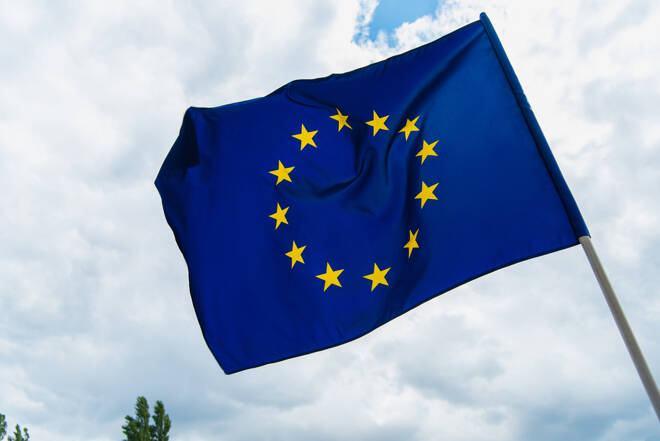Advertisement
Advertisement
German Economy Contracted in Q4 Questioning Government Forecasts
By:
It was a busy start to the day on the economic calendar. The German economy contracted in Q4, creating uncertainty going into 2023.
It was a busy start to the week for the Euro area economic calendar. The Spanish economy was in the spotlight early in the session. Following better-than-expected Q4 GDP numbers, prelim inflation figures for January draw interest.
According to prelim numbers, Spain’s annual inflation rate softened from 5.7% to 5.8%. Economists forecast an inflation rate of 5.5%.
However, while the numbers drew interest, German GDP numbers for Q4 were of more influence this morning.
In Q4, the German economy contracted by 0.2%, following a growth of 0.5% in Q3. Economists forecast the economy to stall in the final quarter. Year-over-year, the economy grew by 0.5% versus 1.2% growth in Q3. Economists forecast the German economy to grow by 0.8%.
According to Destatis, the continuing COVID-19 crisis and the impact of the war in Ukraine leaves larger uncertainties than usual.
Last week, the German government announced that Germany should avoid a recession in 2023. Today’s GDP numbers painted a different picture, with Germany’s private sector continuing to contract in January.
While Germany’s economy contracted in the final quarter of 2023, the ECB will continue to focus on inflation. The inflation figures from Spain and forecasts for Germany, France, and the euro area suggest the need for more aggressive policy moves to bring inflation to target.
EUR/USD Price Action in Response to German GDP Numbers
Ahead of today’s stats, the EUR/USD rose to a high of $1.08796 before falling to a low of $1.08530.
However, in response to the Spanish inflation and German GDP numbers, the EUR/USD rallied from a post-stat low of $1.08596 to a high of $1.08898.
At the time of writing, the for the was up 0.14% to $1.08836.
Next Up
Later this morning, Eurozone consumer sentiment, business sentiment, and consumer inflation expectations will also need consideration. It remains to be seen whether today’s GDP numbers will test the ECB’s plans to push ahead with its policy goals to bring inflation to target.
While the economic calendar is on the busier side, investors need to monitor ECB member speeches. However, no members are due to speak today, leaving chatter with the media to influence.
It is also a quiet start to a busy week on the US economic calendar. There are no economic indicators to provide direction in the US session. The lack of stats will leave market risk sentiment to influence in the second half of the day.
No FOMC members are speaking today. The Fed entered the blackout period on Saturday, January 21.
About the Author
Bob Masonauthor
With over 28 years of experience in the financial industry, Bob has worked with various global rating agencies and multinational banks. Currently he is covering currencies, commodities, alternative asset classes and global equities, focusing mostly on European and Asian markets.
Advertisement
